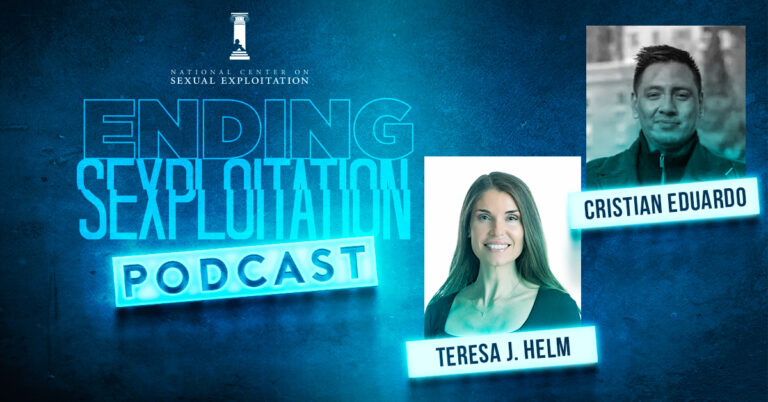Originally published on Townhall.com.
While most people have been focused on the partisan rancor during the midterm elections, a strenuous fight to end legalized sexual exploitation has slipped under the mainstream radar.
Organizations like Awaken, Exodus Cry and the National Center on Sexual Exploitation, survivors like Rebekah Charleston and advocates such as Melissa Farley among others, have been focused on a local vote with the potential to end legalized brothels and prostitution in Lyon County, Nevada.
Why End Legal Brothels?
Prostitution is inherently linked to sexual violence and irreversibly tied to sex trafficking. #enddemand Share on XResearch consistently shows prostituted women experience high rates of sexual violence, most often at the hands of sex buyers. And legalization does not erase sexual violence in prostitution.
In Germany, where prostitution is legal, 59% of women in prostitution reported that it was not any safer, and across several countries, 89% wanted to exit prostitution but felt like they had no viable alternative.
One woman who survived being prostitution in two legal brothels in Nevada, shared her story, stating: “The violent-natured men I encountered in legal brothels are no different than the men buying sex on the streets. I cannot count the number of times I physically fought with men in the brothels and how many times I have been raped because I was too scared to fight back.”
In any context outside of the commercial sex trade the omnipresent and vicious abuse of women would be met with national outrage and action. But in the current climate, as long as this violence occurs in the sex trade by sex buyers and pimps, this trauma is conveniently reduced to a “workplace safety” issue.
Pornography is always a part of this sphere as well. On their websites most legal brothels in Nevada sell pornography of the women, have live webcam “shows,” and sell advertising space to mainstream porn websites.
And as if that isn’t enough, a 2013 study of 150 countries from the London School of Economics found that wherever prostitution was legal, sex-trafficking tended to increase, not decrease. Why would this be the case? Because once prostitution is legal, the demand for it skyrockets. This means that both pimps and sex traffickers are incentivized to bring more bodies to market, to meet that demand.
Knowing this, we shouldn’t be surprised that an audit of legal brothels in Nevada foundthat a significant number of the women had red flags for being sex trafficking victims in this supposedly “safe and regulated” industry. In fact, adjusted for population, Nevada has the highest rates of an illegal sex trade in the nation. It is 63% higher than the next highest state of NY and double that of California.


